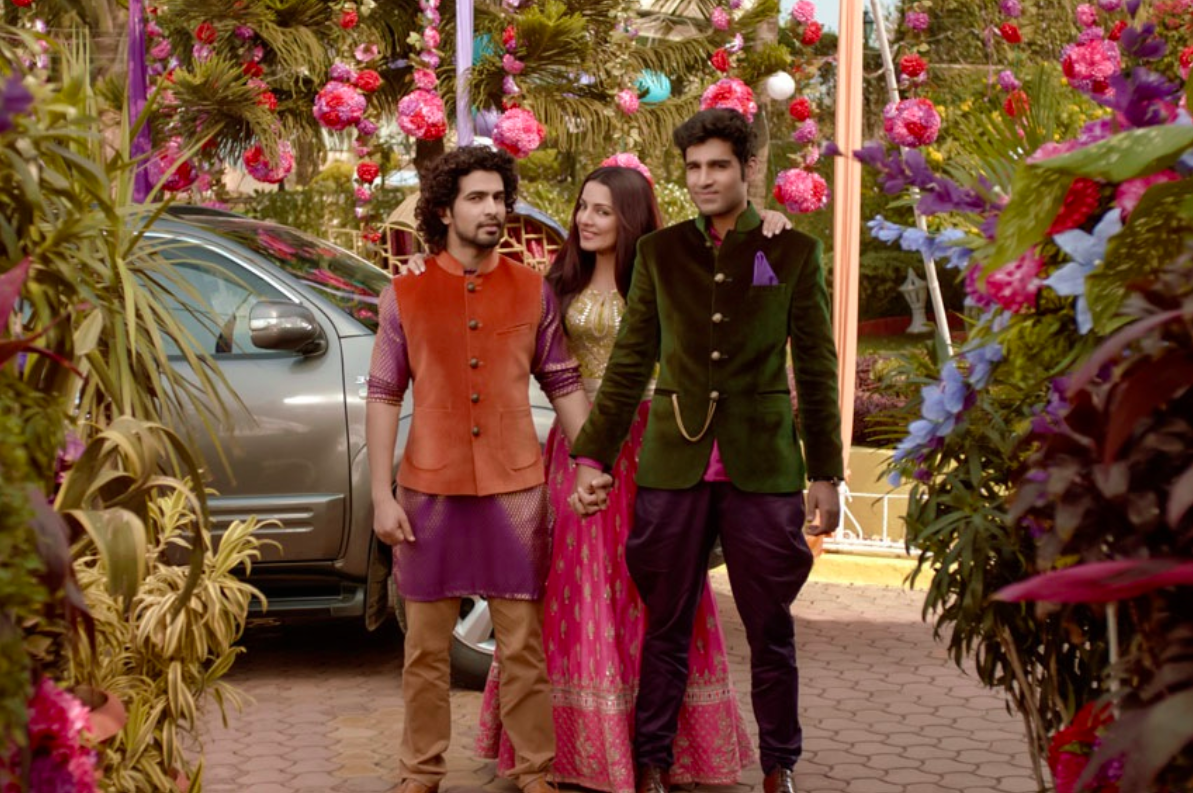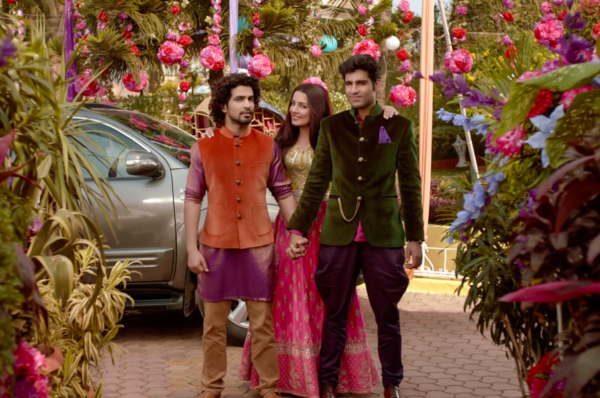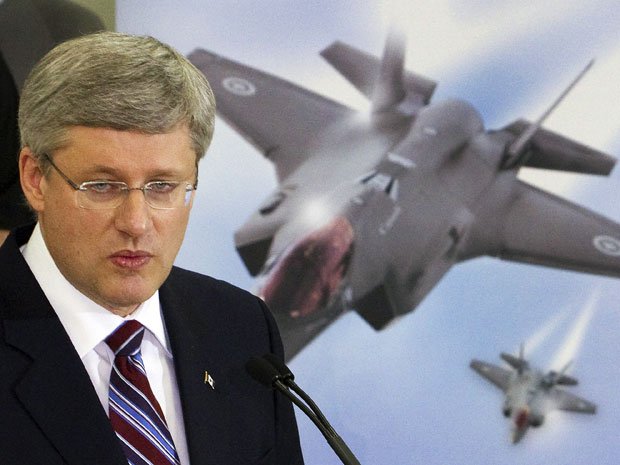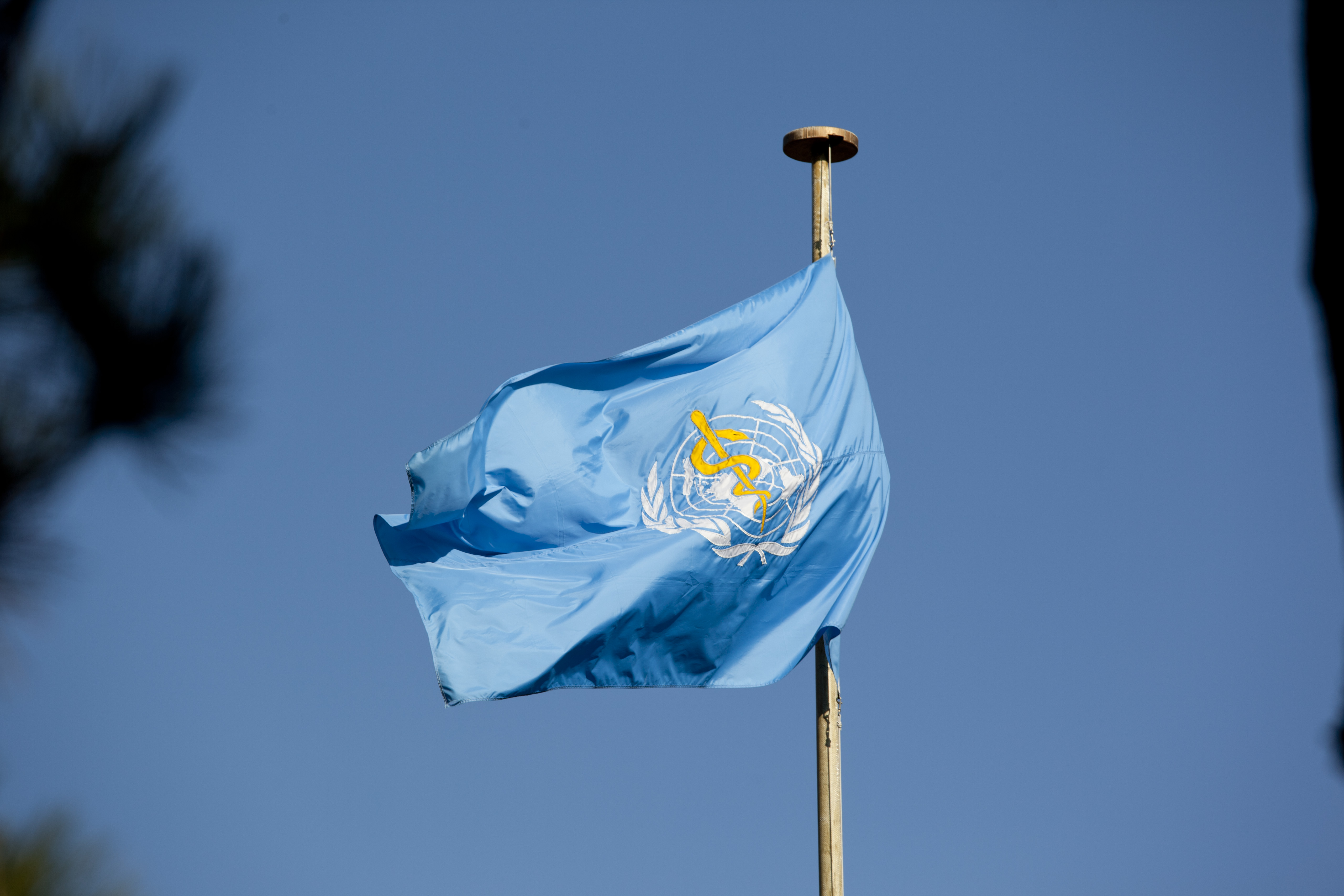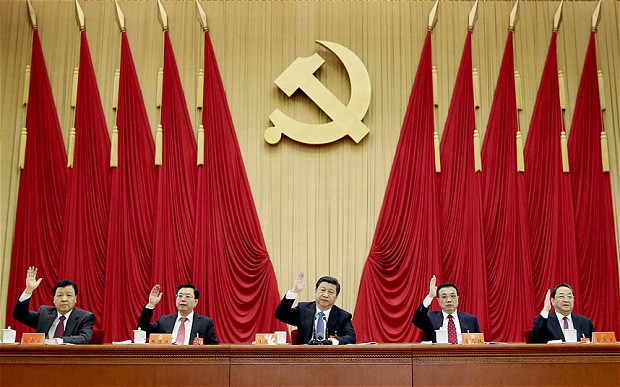The recently elected Prime Minister of India, Narendra Modi, is known for his enthusiastic attitude and dynamic personality. The Hindu nationalist has been praised time and time again for his novel economic policies and his adamant platform of ensuring economic growth in India. Despite having assumed office a mere month ago, Modu has already become an international symbol of growth and renewal for the world’s second most populated nation.
This conservative member of the pro-Hindu Bharatiya Janta Party (BJP) has specifically sought to preserve the cultural essence of Indian society. Although Hinduism is consistently cited as one of the most fundamental components of India’s national identity, secular notions of respect, family structure, name, honour and blood line all constitute equally important social values. These traditional values, upheld by Modi, have been challenged by the recent emergence of allegedly “non-traditional lifestyles”, such as gay, lesbian and bisexual relationships.
LGBT rights have yet to be respected in many parts of the world. Over the last decade, the West has acted as a de facto leader in the promotion of these rights and freedoms for the LGBT community. Western actors have certainly had many an internal struggle with LGBT rights — the US debates surrounding “Don’t ask, don’t tell”, California’s Prop 8 and the “Defense of Marriage Act”, to name a few. However, these countries still represent beacons of hope for members of the LGBT community at large.
Equally backing up LGBT equality movement is none other than the United Nations. This spring, the intergovernmental organisation’s Human Rights Office launched its first Bollywood music video advocating gay rights. The video, entitled “The Welcome”, was released as part of the UNHR’s Free and Equal campaign. The two and a half-minute video represents the latest tactic in the fight against homophobia. Although the Free and Equal campaign has in the past continuously challenged negative stereotypes surrounding lesbian, gay, bisexual, transgendered and inter-sex people, this is the first time that a specific, Indian audience has been targeted.
The innovative music clip features famous Bollywood actress and UN Equality Champion, Celina Jaitly. Jaitly also provided the vocals for the featured song, remixed by Bombay Vikings member, Neeraj Shridhar. Like any other Bollywood video, “The Welcome” contains its fair share of dance, choreographed by world renowned choreographer Longi (mostly known for his choreography of the 2008 blockbuster Slumdog Millionaire). The entire cast for the video, including Longi, worked on the project pro bono.
Although the West has attempted to promote equality and freedom for the LGBT community, utilising innovative means such as “The Welcome” video, it is doubtful that much progress will be made in India without a radical shift in domestic attitude and support
In its quick-paced, colourful shots, “The Welcome” tells the story of a young man introducing his boyfriend to his family for the first time. The catchy, Bollywood-pop song playing in the background is entirely closed-captioned in both Hindi and English subtitles. The last few words Jaitly belts out to the camera? “It is a new look. It is a new attitude”.
But is India really ready for such a drastic societal makeover?
As mentioned above, India has just elected a Prime Minister known for his public endorsement and promotion of set, traditional values. Just last December, India’s Supreme Court upheld the controversial section 377 of the Indian penal code, criminalising “sex against the order of nature”, i.e., gay sex. Interestingly, the Supreme Court went in a completely opposite direction in its April 16 landmark judgement, which granted all transgendered people in India a “third gender” category status. This status will ensure adequate healthcare, education and employment opportunities; all government issued documents and I.D will also feature a “third gender” check-box.
The latter ruling has highly benefitted the transgendered population in India. However, the news also magnified concerns on why the lesbian, gay and bisexual communities were being ignored and treated unequally. Many individuals cited religion as the reason behind the groups’ differing treatment. Hindu traditions often feature members of the Hijra community as wish-granters or spell-casters. The latter individuals are born neither biologically male nor female, but identify with the female gender.
It therefore appears that in India, religious and traditional values trump human rights rhetorics — much to the remaining LGB community’s dismay. With the self-proclaimed traditionalist Modi’s coming into power, one wonders if LGB citizens can even hope, in any kind of future, for fair and equal treatment. Although the West has attempted to promote equality and freedom for the LGBT community, utilising innovative means such as “The Welcome” video, it is doubtful that much progress will be made without a radical shift in domestic attitude and support.
On a more positive note, the UN Bollywood-style video has triggered some discussion and debate. Some individuals have pegged the video as imperialist propaganda, writing it off as yet another attempt by the West to spread its cultural influences. Others have hailed the short segment as a unique weapon against homophobia, whose star-studded cast strategically acts as an accepted conversation starter.

